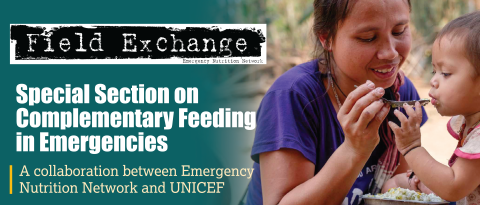Multiple micronutrient supplementation to improve the quality of nutrition care and prevent low birthweight
This is a summary of the following report: UNICEF (2022) Multiple Micronutrient Supplementation: An approach to improving the quality of nutrition care for mothers and preventing low birthweight. https://www.unicef.org/media/123271/file
Women across the globe consume poor-quality diets that fail to meet their nutrient requirements and put them at risk of micronutrient deficiencies. Those who suffer from anaemia during pregnancy are twice as likely to die during, or shortly after, pregnancy. Being born to an undernourished and anaemic mother also puts infants at risk of low birthweight and of subsequent wasting, stunting and developmental delays.
Multiple micronutrient supplementation (MMS) is a safe and effective strategy to improve maternal nutritional status during pregnancy, demonstrating greater benefits for reducing anaemia and preventing low birthweight than iron and folic acid alone. As part of its 2020-2030 Nutrition Strategy, UNICEF aims to support national MMS scale up.
This advocacy brief was released in early 2022 to garner support for, and commitment to, the introduction and scale up of MMS at country level. In addition to being good value for money, the brief highlights how scaling up MMS provides opportunities to strengthen the integration and delivery of essential nutrition services in antenatal care, using MMS as a key indicator of quality of care alongside counselling; promote social equality through universal access to MMS; and enhance affordability, programme ownership and national economies through local supplement production.
To support the introduction and scale up of MMS, UNICEF is advocating for its inclusion in national policies, strategies, guidelines, and budgets, as well as supporting national coordination mechanisms. Technical assistance is also provided to generate evidence to inform the effective implementation and local production of MMS, while working to expand global supply chains and ensure robust quality control mechanisms.


